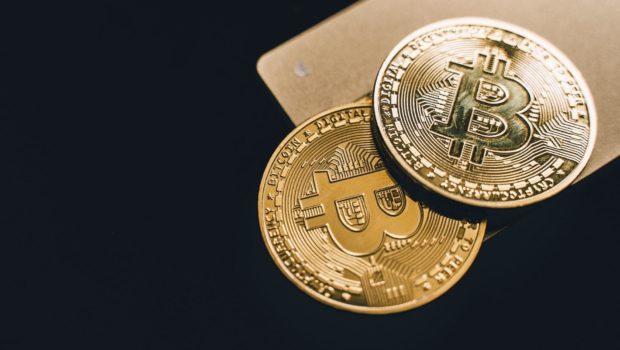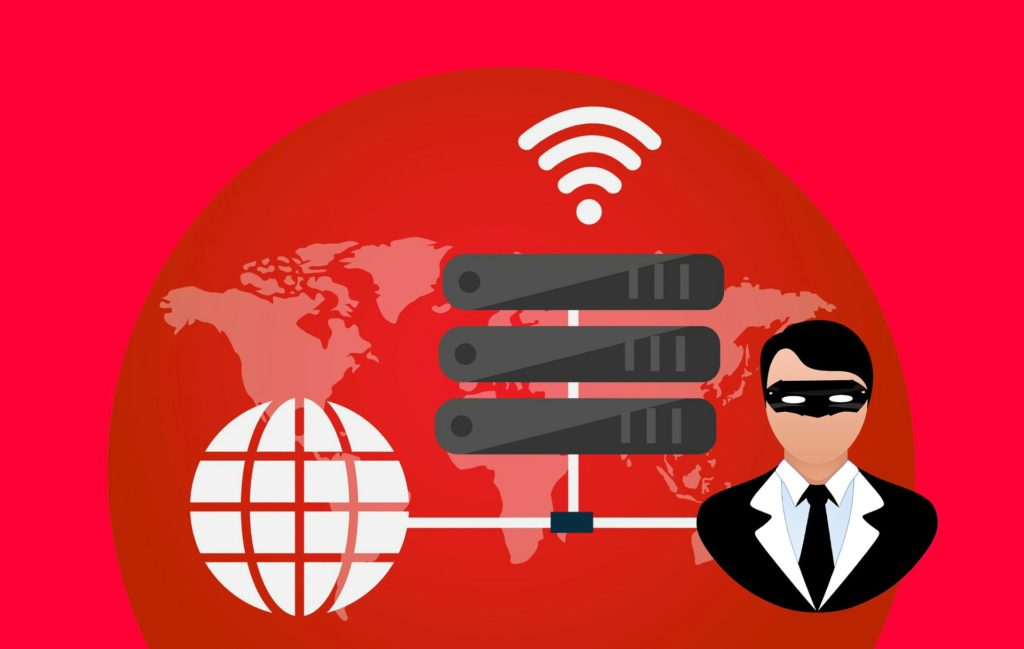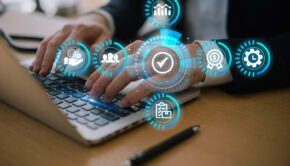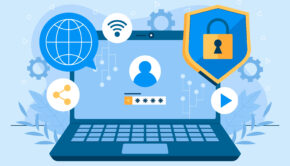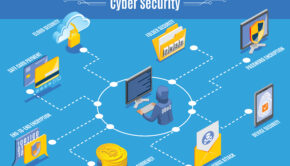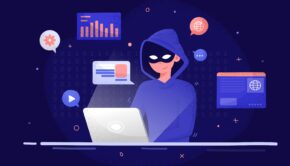Top Tips to Secure Your Crypto Wallet in 2021
As cryptocurrency gains popularity, so do the risks of using it. Cryptocurrency is a secure type of virtual currency that isn’t issued by a central authority. Secured by cryptography, it’s nearly impossible to counterfeit or double-spend cryptocurrency. This type of digital asset is based on blockchain technology, which is distributed across a vast number of computers. The decentralized structure of cryptocurrency allows it to exist beyond the control of central authorities and governments.
Bitcoin is the first, most popular, and most valuable form of cryptocurrency available. You’ve probably heard of it even if you’re not really sure what cryptocurrency is. Since its inception in 2009, it’s now accepted at some major retailers, including Microsoft, Starbucks, Whole Foods, Newegg, and Home Depot. While Bitcoin isn’t the only cryptocurrency on the market, it’s the most recognizable and widely accepted.
Dealing in cryptocurrency is the most secure way of making transactions today, but like making any transaction online, it’s not without risks. Users are still vulnerable to crypto frauds, especially after the recent rise of COVID-19 crypto-asset scams. Whether you’re a newbie considering getting into cryptocurrency or someone simply looking for advice on the best ways to secure yours, it’s important to know the risks associated with storing and trading cryptocurrencies and what you can do to keep your funds protected.
The Top 3 Crypto Security Risks Today
Cryptocurrency is built upon a blockchain, which is an incredibly secure chain of code. It’s created and dealt with through DLT, or Distributed Ledger Technology, which is a decentralized database that’s managed by multiple computers and nodes. Transactions are recorded with a hash, which is an immutable cryptographic signature. The industry has grown to multi-billion-dollar value, and although it’s said to be the most secure form of currency, the risks of storing and trading it are growing along with the industry. Here are the three biggest crypto security risks today:
- Vulnerabilities outside of the blockchain – Endpoint vulnerabilities take place where blockchains and humans meet. If an individual is using a bank’s computer to access sensitive data, for example, that would be the point of vulnerability. Hackers spend a lot of time trying to steal keys from personal computers and mobile devices to gain access to their currency and other data.
- Vendors – Vendors who accept cryptocurrency are vulnerable to having their clients’ blockchain credentials stolen by unauthorized users. This is especially true for vendors who have weak security controls or flawed codes in their systems.
- Code that hasn’t been tested properly – As previously mentioned, Bitcoin is the first and most valuable type of cryptocurrency, but even Bitcoin is just over a decade old. Blockchain technology is fairly new in the grand scheme of things, and is thus still in a highly experimental phase. Developers are scrambling to get other types of cryptocurrency on the market and they all want to be the first to release their applications early. This rush to get a piece of the pie leads to a lot of live blockchain code being tested half-heartedly. With an irreversible, decentralized base, untested forms of cryptocurrency are a huge risk.
5 Ways to Keep Your Currency Protected
Now that you understand a little bit more about cryptocurrency, blockchain technology, and the risks involved in storing and trading it, here are the five best ways to keep your currency protected:
Install a VPN
Before you conduct any transaction online, you should install a VPN. Browsing on a VPN is the safest and most secure way to browse. A VPN can enhance security by masking your IP address and sending all data that leaves or enters your system through an encrypted tunnel that hackers can’t access. All you need to do is download a VPN, connect to a secure VPN server, and for an extra layer of security browse in a private or incognito window.
Use a Multi-Signature Address
A multi-signature address, also known as a multi-signature wallet, or multisig for short, requires you to enter two or more private keys before signing and sending a transaction. While it takes a little while to set up and use, it goes a long way in helping to ensure the security of your crypto wallet.
Don’t Download Remote-Access Software
There are a lot of popular programs that use remote-access to connect and have several security holes that allow hackers to access your entire system with just one string of characters. You should always check the programs you use and never install remote-access software on the computer that contains your private keys or any other sensitive data.
Update Your Wallet Manually
Crypto wallets go through periodic updates to ensure that they can withstand the latest security threats. While it’s essential to keep your wallet up-to-date if you don’t want your funds to be exposed, you should keep a close lookout for new releases and make the updates manually. Sometimes when a new version is released it has bugs, which can only be detected after a bunch of people experience problems and give feedback. If you wait a few days after a new version is released, you can see whether it’s a good one before you update your wallet.
Subscribe to a Secure Email Service
It’s no secret that the top email providers out there are far from being secure. If you’re storing and trading cryptocurrency on the same device that you access your email from, it’s essential that you use a secure email service to avoid being hacked through your email. The most secure email services use security features like two-factor authentication and end-to-end encryption.
Whether you’re just dipping your toe into the crypto-market or trying to protect the assets you already own, the tips above will help ensure that your currency stays safe in 2021.

